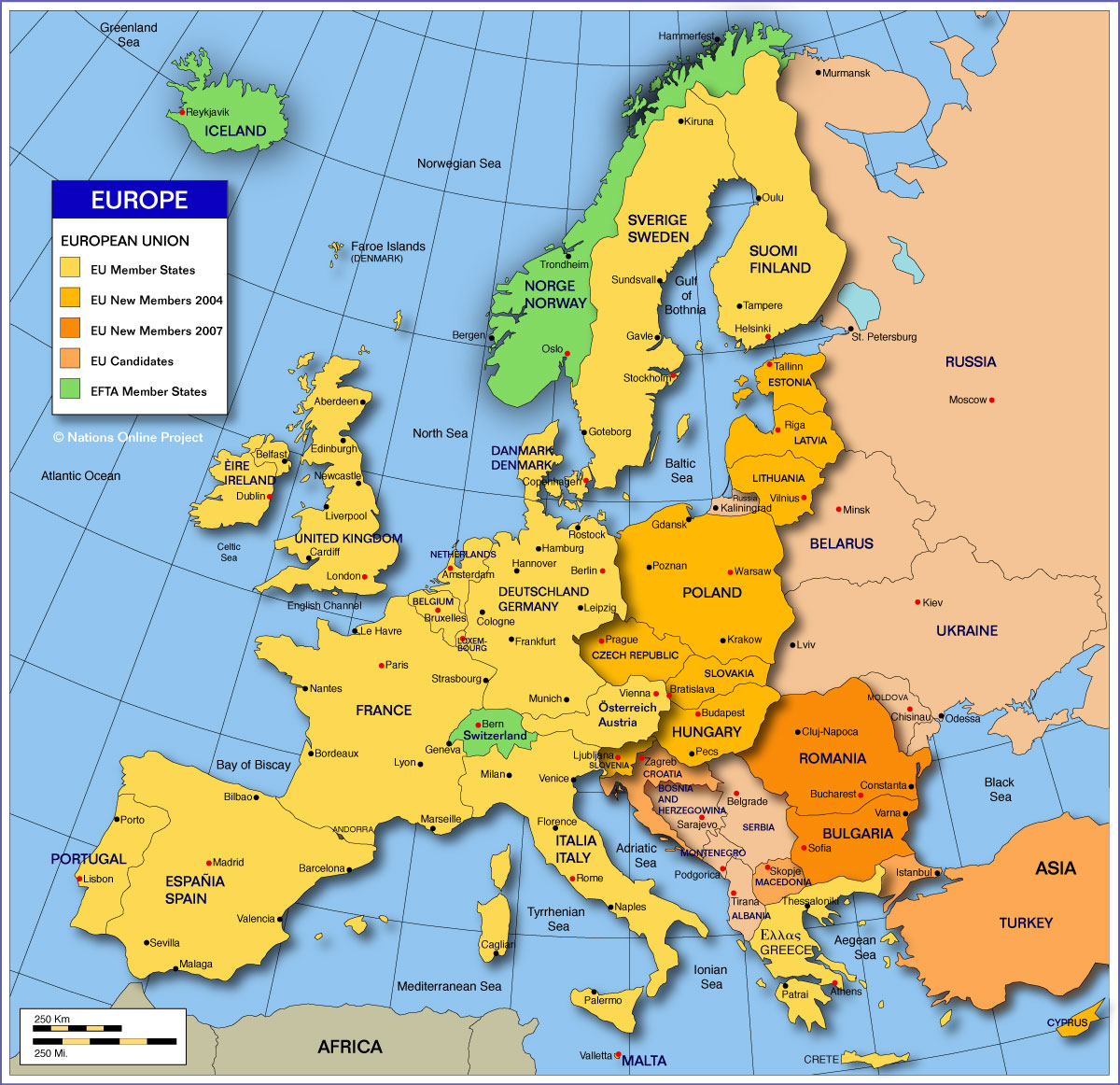A de facto collapse of the eurozone may occur before the end of 2011. It is unlikely, but it is possible. This possibility is new and relates to the lack of ability of the region’s largest nations, the European Central Bank and International Monetary Fund to set a deal, while capital markets investors continue to flee the sovereign paper of European countries.
A completely unexpected development is that ECB chief Mario Draghi told the Financial Times that the eurozone could break up. Draghi is among the most important players in the region’s future. He must know that his comments will add substantially to concerns about an end to the alliance that bonds many of the region’s nations financially.
In his interview with the paper:
He hinted he opposed the ECB setting target limits for eurozone government bond yields or for the spread between the interest rate on German and other eurozone government debt. “Monetary policy cannot do everything.”
His observation sounds like those of Federal Reserve chief Ben Bernanke when he warned Congress that it was responsible for getting the U.S. deficit under control. The Fed’s hands were tied, he said, because its mandate does not include a full bailout of the U.S. government.
The backdrop to Draghi’s observations is that Moody’s put the AAA rating of France on credit watch and said its forecast was negative. The rating of the European Financial Stability Facility is based on those of the region’s largest nations, which certainly include France and Germany. A downgrade of France could increase the cost of money for the EFSF, which would undermine its power as a rescue mechanism.
Some suggest that the best method to bailout the weak economies in Europe would be through the IMF. Central banks would loan the agency money, which it would in turn use to support regional governments. Several central banks would have to individually decide to support this initiative. That means several financial and political decisions would need to be made. So far, European nations have not shown that kind of unity.
Few believe that so many nations in the region can muster a united approach to the disaster because the politics of how the bailout should be conducted are different in each country. The finance ministers of most of the nations will meet this week to see if they can reach a “final solution” to the crisis. If the meeting goes poorly, confidence in the fate of the eurozone could disappear quickly.
Douglas A. McIntyre
In 20 Years, I Haven’t Seen A Cash Back Card This Good
After two decades of reviewing financial products I haven’t seen anything like this. Credit card companies are at war, handing out free rewards and benefits to win the best customers.
A good cash back card can be worth thousands of dollars a year in free money, not to mention other perks like travel, insurance, and access to fancy lounges.
Our top pick today pays up to 5% cash back, a $200 bonus on top, and $0 annual fee. Click here to apply before they stop offering rewards this generous.
Flywheel Publishing has partnered with CardRatings for our coverage of credit card products. Flywheel Publishing and CardRatings may receive a commission from card issuers.
Thank you for reading! Have some feedback for us?
Contact the 24/7 Wall St. editorial team.





